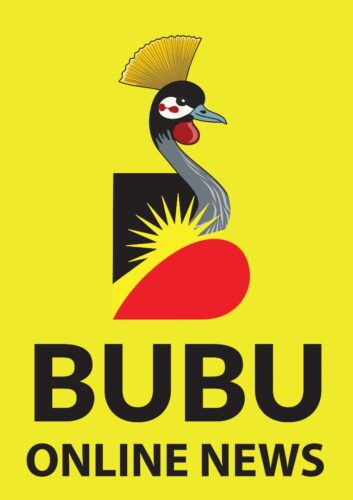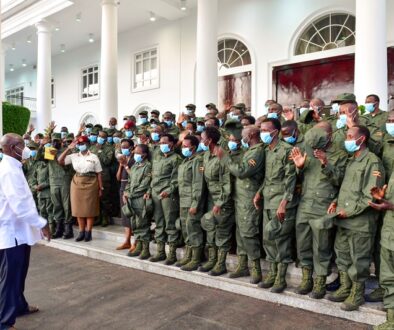Fast-track Kiswahili Use In Uganda – MPs
The Chairperson of the Parliament’s Committee on East African Community (EAC) Affairs, Noeline Kisembo, also the Woman Member of Parliament for Kibaale District has called for the approval of Shs3.2bn to integrate Kiswahili Language activities in Uganda.
She said that although efforts have been made to integrate Kiswahili language in Uganda, in financial year 2024/25, the activity remains unfunded with a funding requirement of Shs3.25bn.
“For purposes of deepening and widening the integration in the region, Kiswahili language should be popularized as a way of integrating and unifying communities, she told Parliament on Thursday.
“The Committee recommends that Shs3.25bn be provided to the Ministry to enable the Ministry fast-track the 27th EAC Summit Directive to implement the activities under Kiswahili integration,” she added.
Naome Kibaaju (Sheema North MP) has asked Parliament to provide Kiswahili lessons to MPs in order to foster the EAC integration.
“As leaders here, if we intend to start using Kiswahili in our Parliament, we need classes in Kiswahili to begin. Understand there are some lessons taking place at the NRM Secretariat, but that is congested and not conducive for learning. I wish we could have it in one of our rooms here at Parliament,” she noted.
Peter Okeyoh (Bukooli Island MP) notes that Kiswahili is not one of the compulsory languages in our education system. “Why do we preach about water and take wine? Let us lead by example. Let us prioritize Kiswahili as one of the languages in our schools. This will help cement the East African Community.”
The First Deputy Prime Minister and Minister for EAC Affairs, Rebecca Kadaga, says there are over 2000 Kiswahili teachers in Uganda and the need is to have them deployed.
Dokolo District Woman MP, Sarah Nyangkori Aguti, in her maiden speech, has reiterated the need for promotion and use of Kiswahili adding that it is key in trade between the partner EAC states.
Earlier, Kisembo had told Parliament that traders from Uganda encounter numerous non-tax barriers ranging from bureaucratic procedures, licensing requirements, unharmonised fees for goods destined to member states within the region and languange barriers because many cannot speak Kiswahili.





